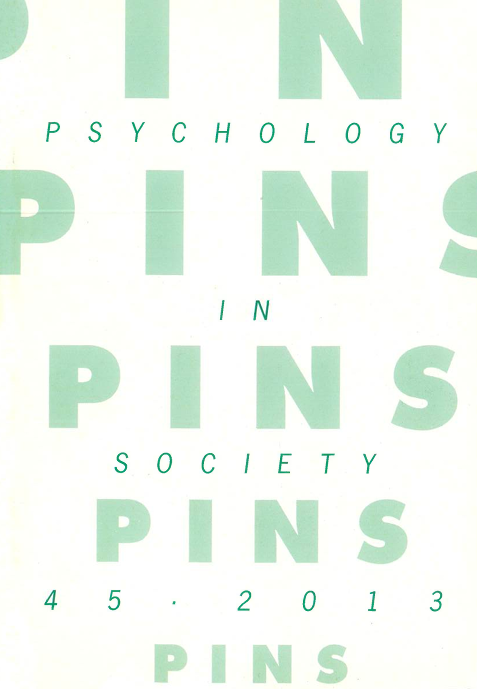RE-POLITICIZING RACE IN COMMUNITY DEVELOPMENT: USING POSTCOLONIAL PSYCHOLOGY AND PHOTOVOICE METHODS FOR SOCIAL CHANGE
DOI:
https://doi.org/10.17159//2309-8708/2013/n45a3Keywords:
development, race, community mobilisation, postcolonial psychology, PhotovoiceAbstract
How far can community development lead to transformative social change within the context of global north-south development agendas? Drawing on the works of Frantz Fanon and Steve Biko, this article explores the possibilities of postcolonial psychology for community-based change. Findings from a youth intervention based on Photovoice methods and involving 51 young people from four urban communities in Sub-Saharan Africa reveal that racial identity, self-determination, and social inequality remain key concerns. The paper discusses the advantages and limitations of postcolonial psychology for mobilising communities towards change and the role of participatory action research methods such as Photovoice for marginalised communities to gain widespread recognition and promote transformative action in a globalised context.
Downloads
Downloads
Published
How to Cite
Issue
Section
License
This journal is an open access journal, and the authors' and journal should be properly acknowledged, when works are cited.
Authors may use the publishers version for teaching purposes, in books, theses, dissertations, conferences and conference papers.
A copy of the authors’ publishers version may also be hosted on the following websites:
- Non-commercial personal homepage or blog.
- Institutional webpage.
- Authors Institutional Repository.
The following notice should accompany such a posting on the website: “This is an electronic version of an article published in PINS, Volume XXX, number XXX, pages XXX–XXX”, DOI. Authors should also supply a hyperlink to the original paper or indicate where the original paper (http://www.journals.ac.za/index.php/pins) may be found.
Authors publishers version, affiliated with the Stellenbosch University will be automatically deposited in the University’s’ Institutional Repository SUNScholar.
Articles as a whole, may not be re-published with another journal.
The copyright of the article(s) lies with the author(s).
The copyright of the journal lies with PINS-psychology in Society.
The following license applies:
Attribution CC BY-NC-ND 4.0 - https://creativecommons.org/licenses/by-nc-nd/4.0/

